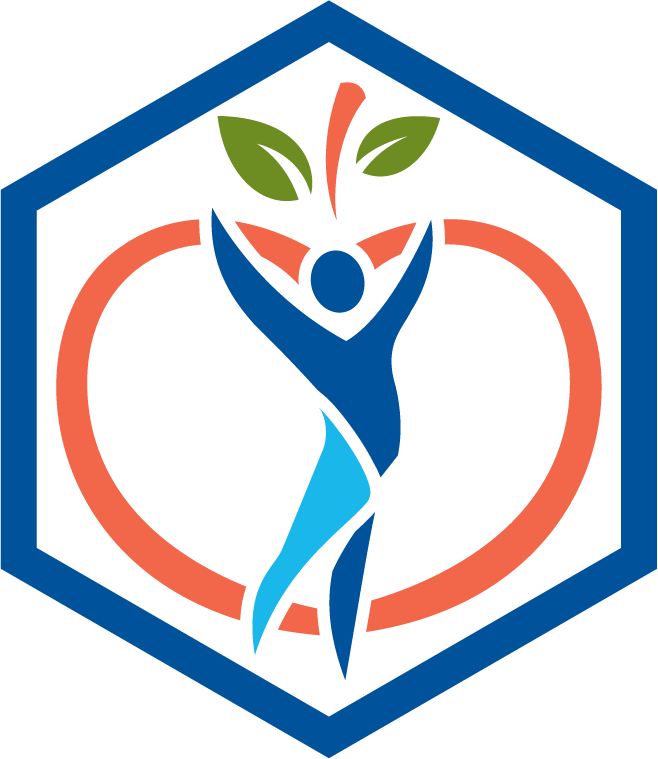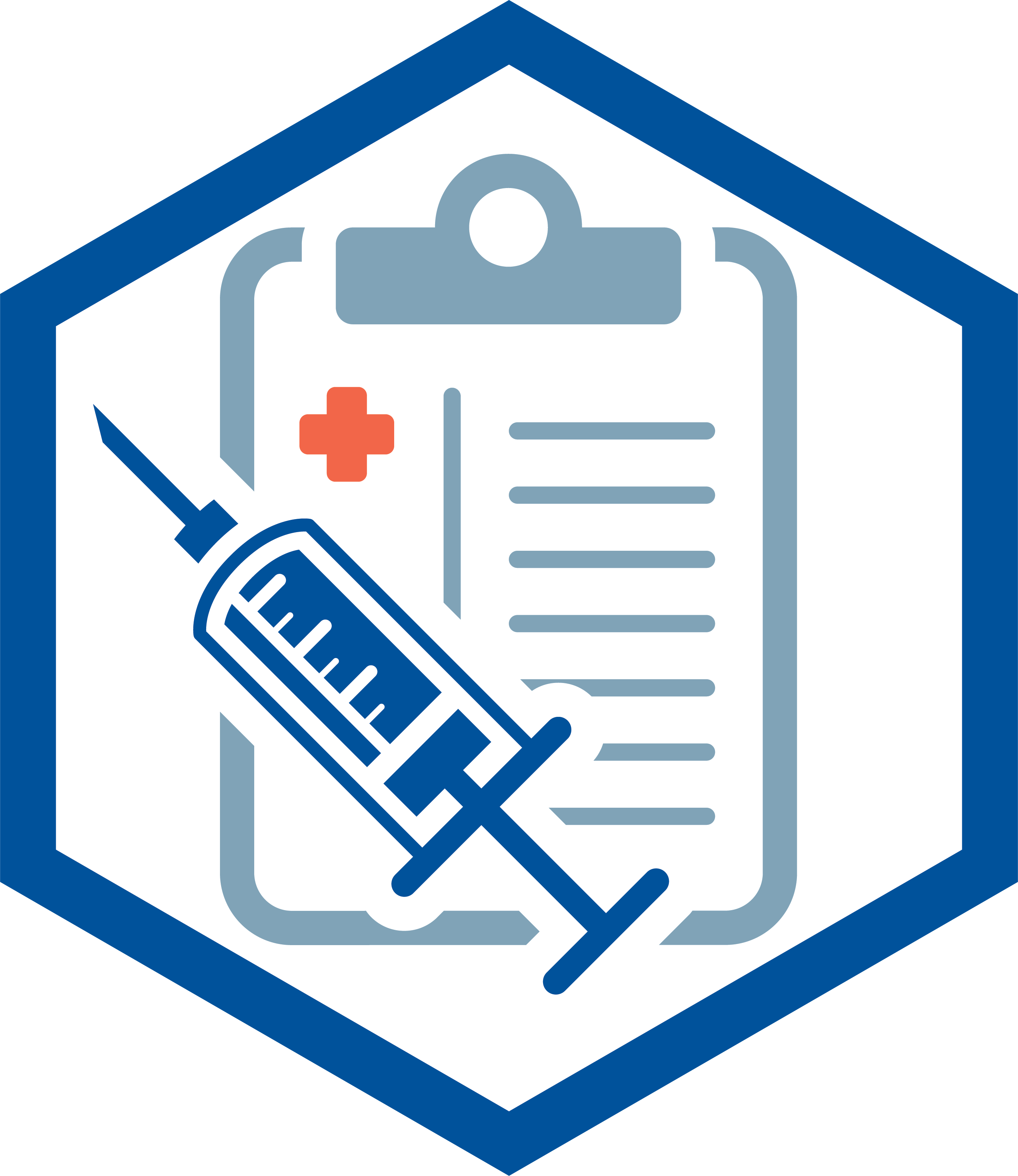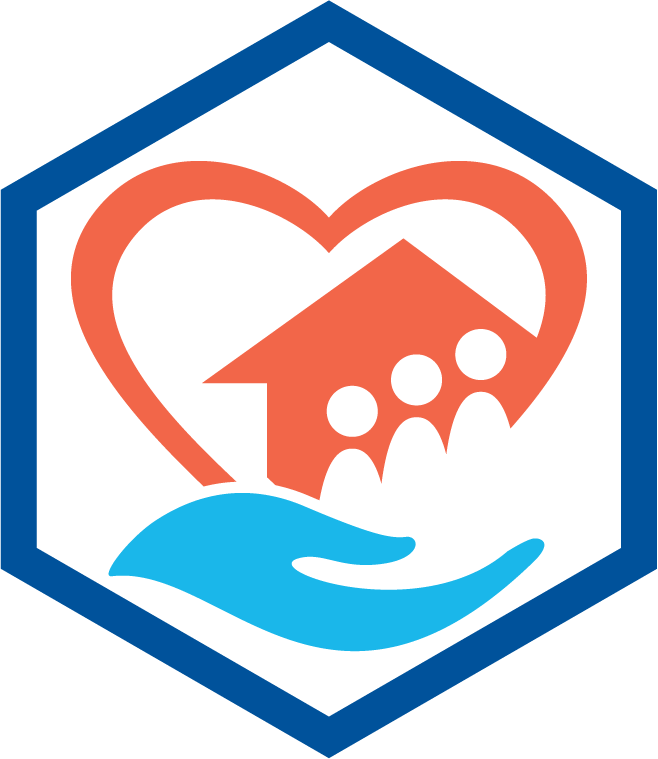Serving 20% of the nation’s Medicare beneficiaries, we collaborate with healthcare providers, community organizations, and patients and families to ensure high-quality, safe, and effective healthcare for Medicare beneficiaries.
We offer opportunities for individuals, like you, to get involved in making healthcare better. People who get involved and share their experiences can improve healthcare for others in their community.
Snapshot of our Key Focus Areas
Behavioral health is part of overall health, which includes substance use and mental health concerns. Nearly 20% of Americans, more than 46 million adults, are affected by a behavioral health disorder every year.
As a quality improvement organization, we work with healthcare providers in your community to figure out how to solve some of the most pressing issues related to behavioral health.
Our goals are to:
- Decrease opioid overdose death
- Increase access to behavioral health services
- Reduce opioid use and encourage strategies that reduce the harm of unauthorized opioid use
- Reduce use of the emergency room by those living with opioid use disorder
Care transitions refer to the movement of patients between healthcare practitioners, care settings, and back home as their condition and care needs change.
Effective care transitions require a community-wide, coordinated effort that brings together healthcare providers and community organizations. Community-wide coordination helps reduce preventable medical errors and poor health outcomes among at-risk populations. One study estimated that 80% of serious medical errors involve miscommunication during the hand-off between medical providers.
We bring together healthcare providers and community-based organizations to form community coalitions. These coalitions are focused on these four elements of coordinated care:
- Easy access to a range of healthcare services and providers.
- Good communications and effective care plan transitions between providers.
- A focus on the total healthcare needs of the patient.
- Clear and simple information that patients can understand
Chronic conditions-including diabetes, heart disease, and kidney disease-are some of the most common health problems in the U.S. 6 in 10 adults in the U.S. live with one or more chronic health conditions.
Self-management education programs teach strategies to help individuals manage their chronic conditions. These programs seek to empower and inspire patients to take a more active role in their care (in partnership with their healthcare team).
We work with partners and healthcare providers to offer these workshops in our communities. The workshops are a series of highly interactive, small group sessions. They use tools to help individuals:
- Cope with symptoms
- Manage fatigue and stress
- Better communicate with their healthcare team
- Manage their medications
- Eat healthy
- Set personal goals and monitor their conditions
The Agency for Healthcare Research and Quality (AHRQ), reported hospital patients experienced an estimated 2.7 million harm events in 2016, accounting for $29 billion in costs, and leading to more than 80,000 deaths. CMS estimates that about 44% of these events and deaths were preventable.
We work with hospitals to improve patient safety practices, including prevention of errors, injury, or other preventable harm to a patient during the process of healthcare.
We support hospital teams in improving patient safety and reducing harm by:
- Integrating the patient voice and enhanced engagement of hospital patient and family advisory councils.
- Implementing strategies to improve the effectiveness, efficiency, cost, and quality of provided services.
- Achieving healthcare transformation through the identification, use, and spread of evidence-based practices.
- Bridging the gap between patient safety, public health, healthcare quality, and emergency management.
Age and chronic conditions decrease our body’s defense system. Getting older means becoming at risk for certain diseases.
What can we do? Make sure you’re up-to-date on your immunizations and vaccines. They help protect against influenza, pneumonia, tetanus, whooping cough, and shingles.
While COVID-19 makes it more challenging to stay safe, it’s more important now than ever to maintain safety and prevention services like immunizations.
In our effort to help keep our communities safe and healthy, we work with healthcare professionals to:
- Spread awareness about the importance of staying up-to-date on your immunizations and vaccinations
- Stay updated on the latest, national and state guidance
- Assist healthcare teams with incorporating national and state guidance into their practices
Our organization collaborates with nursing homes in the community to improve resident care.
We offer nursing home administrators free education and training to meet the following goals:
- Assess nursing homes to ensure they make improvements to offer high-quality care and resident experience
- Reducing infections and hospital visits through safety training
- Promote person-centered care to increase the well-being of care-givers, nursing home teams, and residents
Patient safety is one of the top priorities for healthcare providers. Our team support providers and communities to work through issues that put patient safety at risk, like adverse drug events or healthcare-associated infections.
By collaborating with our team, healthcare communities can discover ways to:
- Establish medication management processes to improve communications between providers
- Ensure patients, families, and caregivers are actively engaged in their care
- Reduce infections and adverse events through training and tools



